Chronicle of the frantic life of a television star journalist, caught between fame and a spiral of events that will lead to her fall. A film by Bruno Dumont, starring Léa Seydoux, Blanche Gardin, and Benjamin Biolay.
FRANCE
Bruno Dumont
(2021)
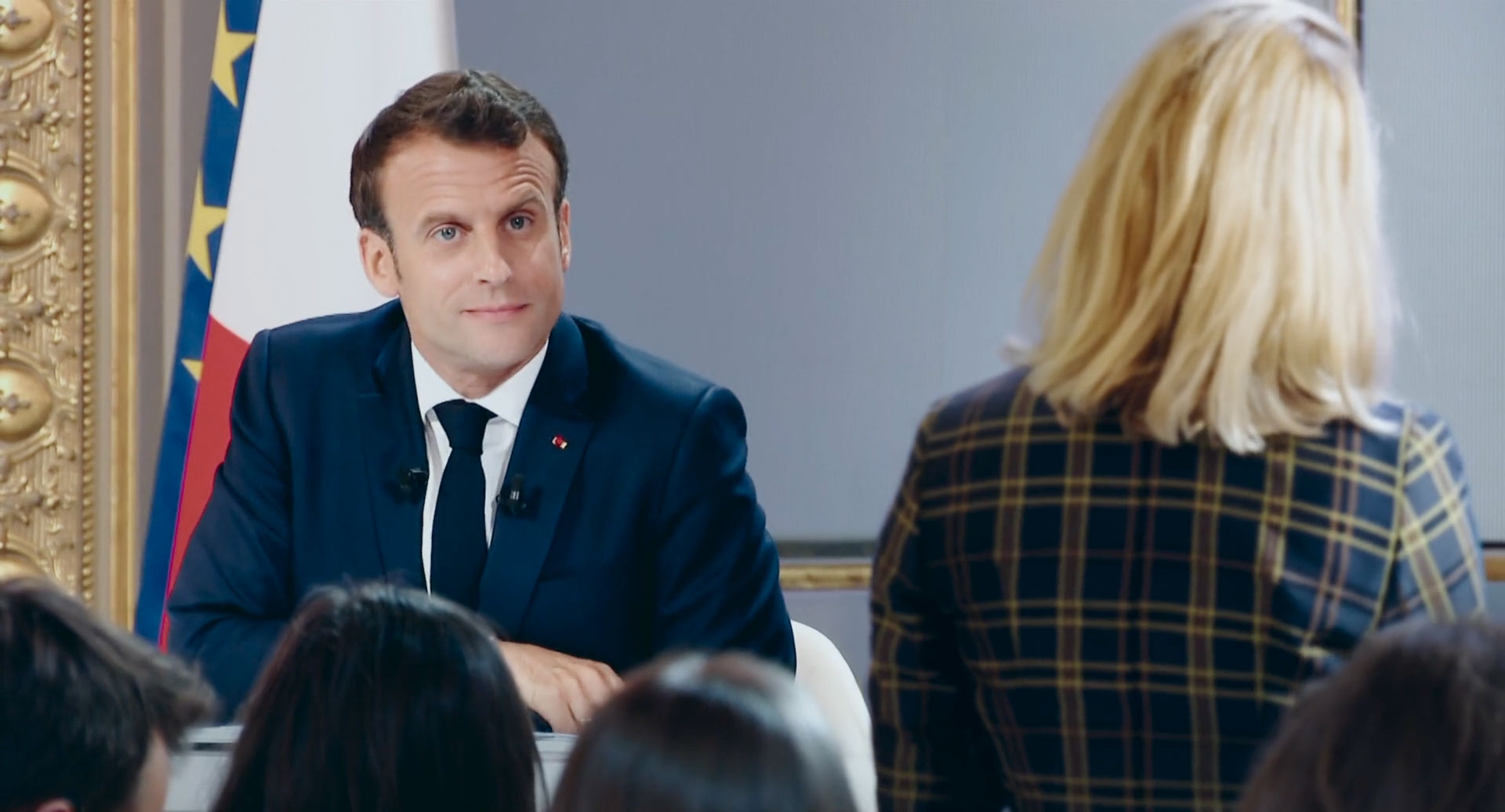
The story follows France de Meurs (Léa Seydoux), a French television star journalist, at a press conference for French President Emmanuel Macron. While de Meurs is gossiping with another journalist, Macron calls out her name, evoking a sense of amusement in the room, similar to a homeroom teacher calling out a student who is talking in the back of the class and ignoring the lesson.
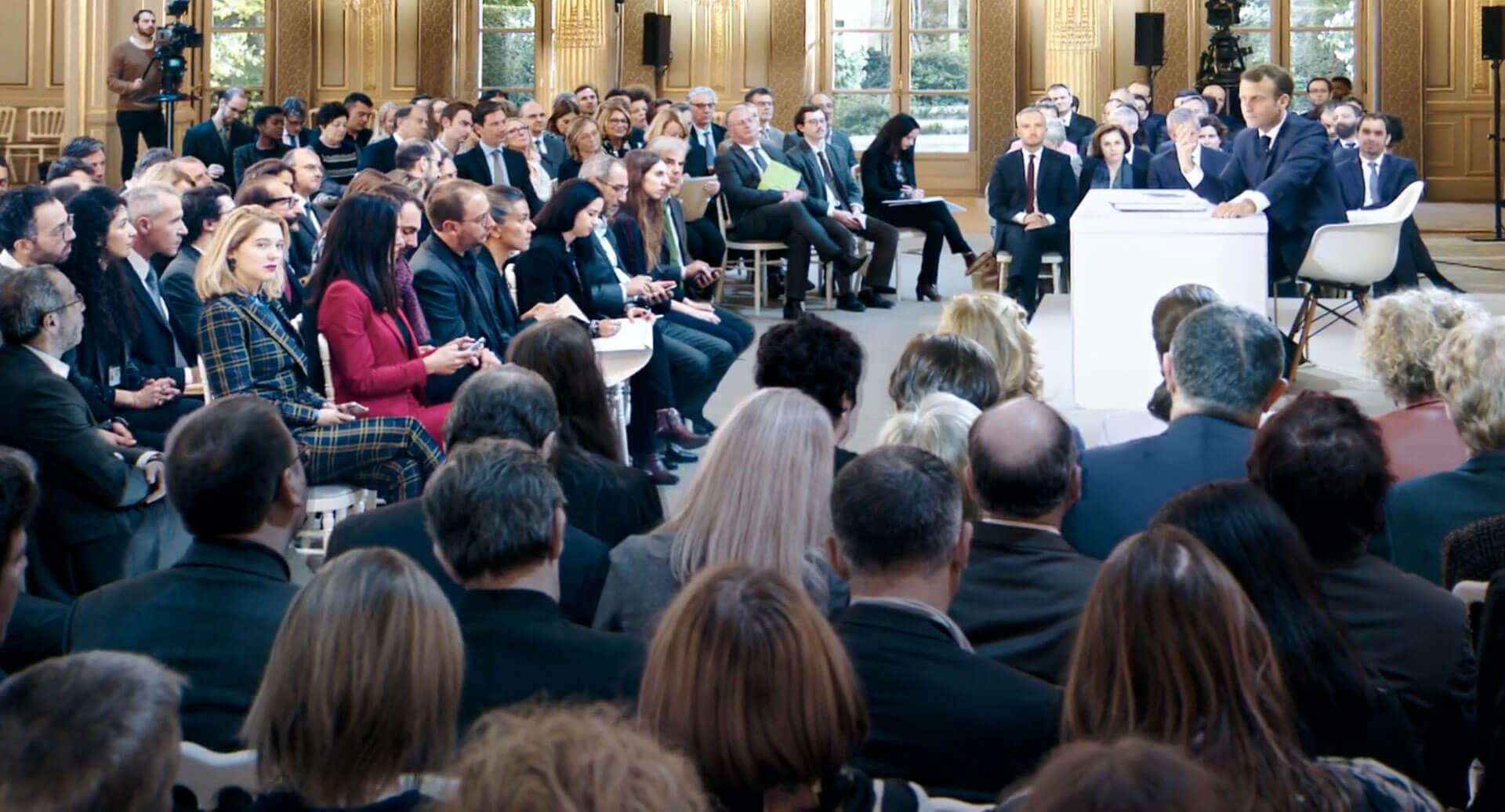
As the president addresses and answers questions from other journalists, France comically employs sign language to trade profanities with her producer, Lou, paying no mind to the president’s presence. (Emmanuel Macron, who appears in the film taken from real footage of one of his press conferences, was edited by the filmmaker to insert Léa Seydoux into the scene.)
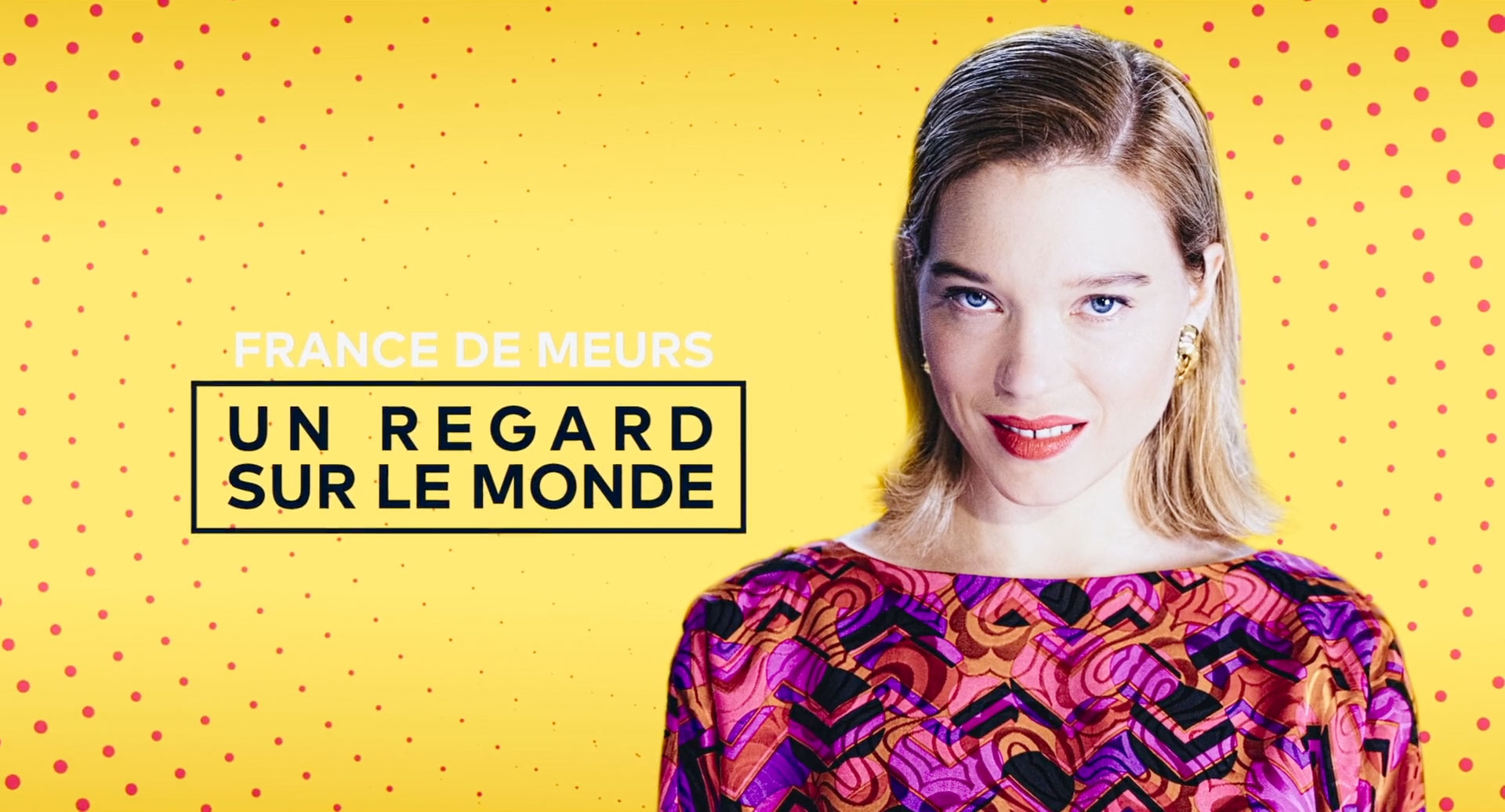
France de Meurs’s immense influence is undeniable, as evidenced by the fact that even the President of France knows her name. She hosts a television news show called “regard sur le monde” (A View of the World), which is adored by millions of fans. Her show regularly invites scholars and politicians to debate a wide range of topics, from politics and economics to popular trending issues.

France de Meurs stands out from other television journalists for her exceptional skills and dedication. She fearlessly embarks on war zone reporting, directs her own camera crew to capture captivating shots and angles, and controls her facial expressions to ensure natural reactions to questions and answers. She even instructs her interviewees on how to act, assuming the role of director rather than traditional news reporter.
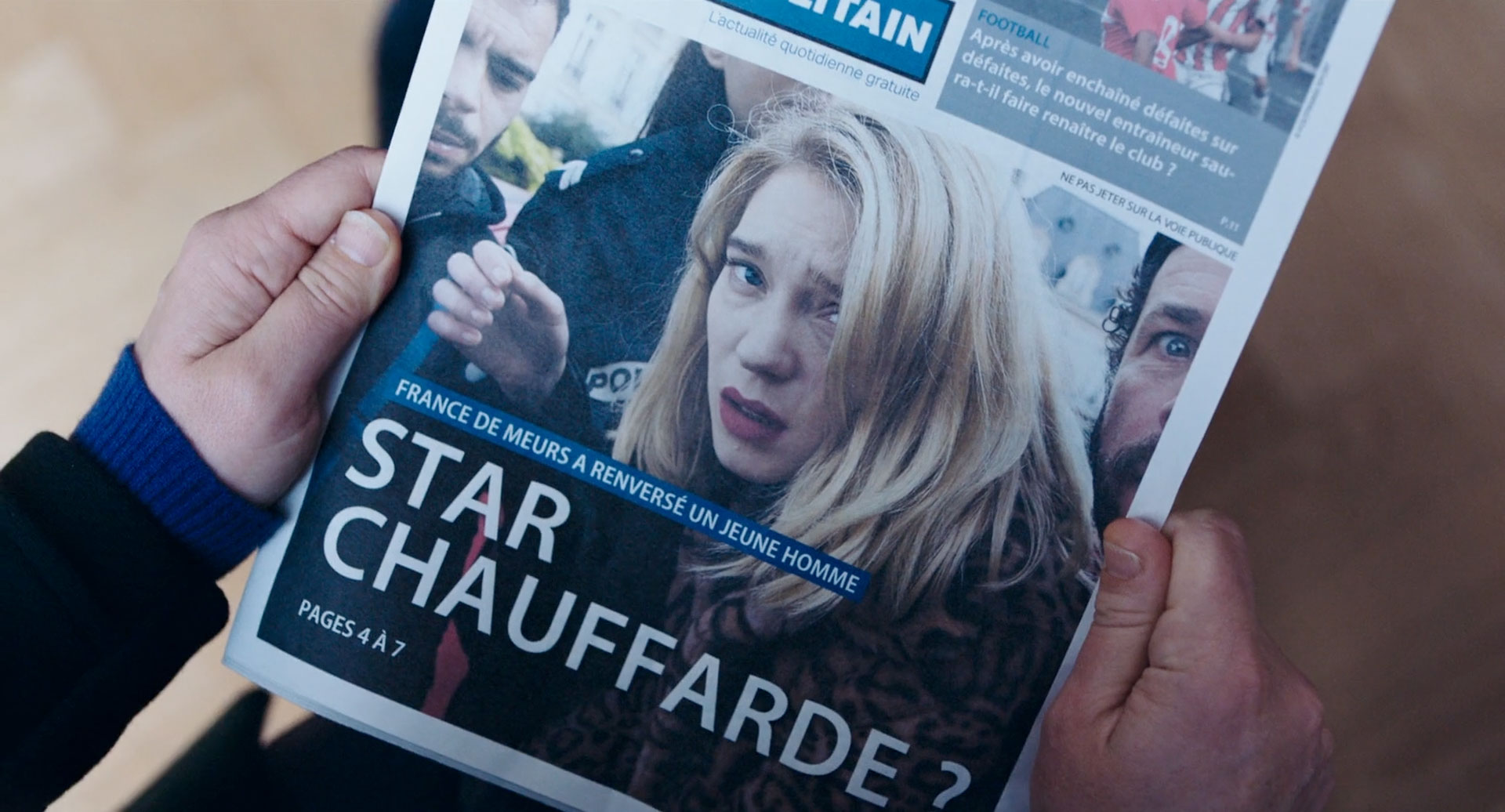
France finds herself in the midst of a media firestorm after accidentally striking a delivery driver Baptiste (Jawad Zemmar) on a scooter while driving her son to school. Baptiste suffers a dislocated knee and is unable to work for three months. France is deeply remorseful for her negligence and has offered to cover all of Baptiste’s expenses. However, the accident has also sparked a wave of online vitriol, which has further deepened her sadness.

Overwhelmed by sadness and her declining mental stability, France de Meurs decides to quit her job as a host and retire from the world of journalism. Her husband, Fred (Benjamin Biolay), drives her to a luxurious institutional retreat in the Bavarian Alps, where she meets Charles Castro (Emanuele Arioli), a Latin teacher who appears to be the only person there who does not recognize her. The two quickly develop a romantic relationship, but France is unaware that Charles is not being entirely honest with her.
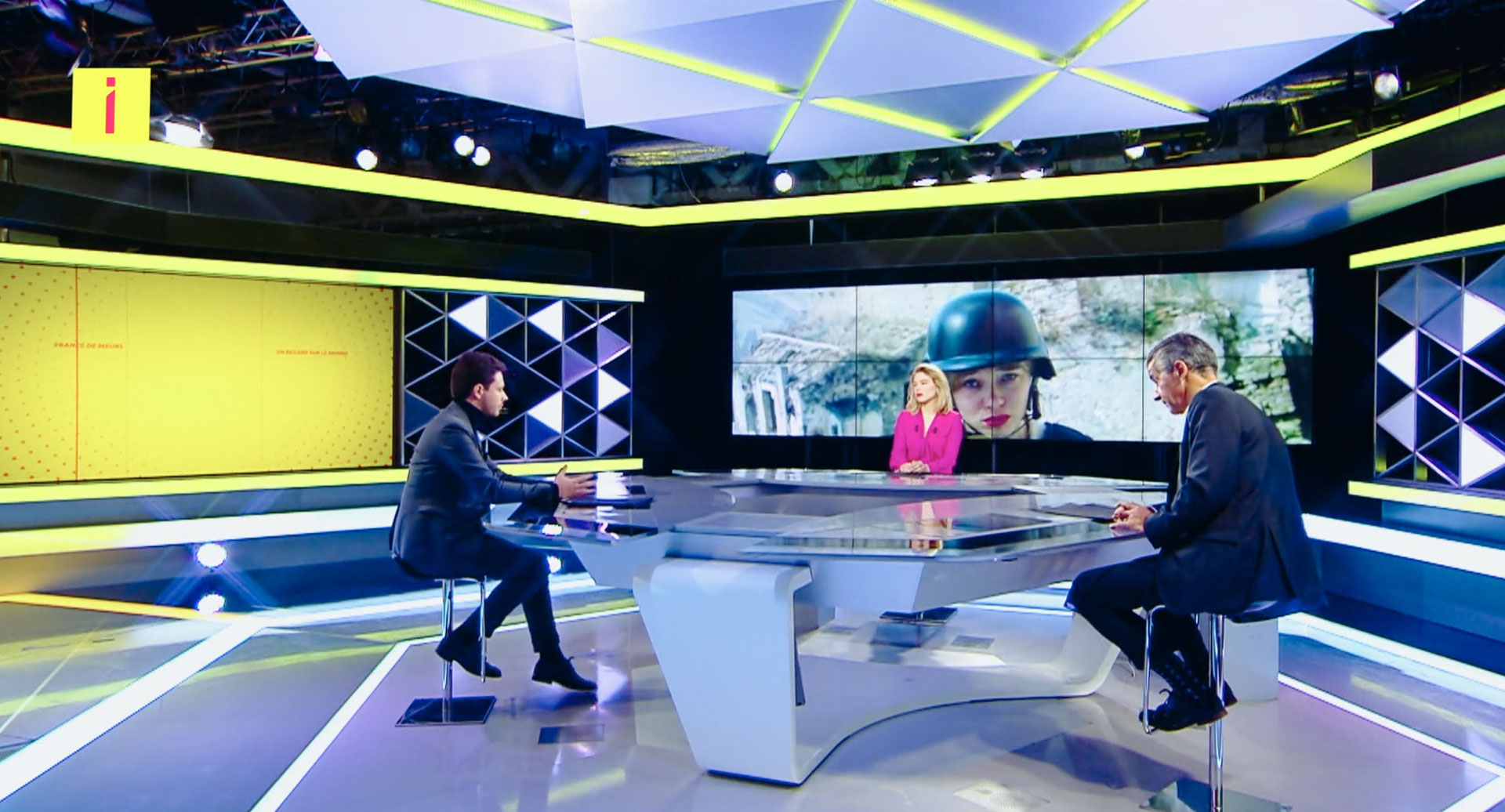
FRANCE, a satirical comedy-drama film, pulls back the curtain on the news reporting industry, revealing that not everything viewers see on television is real. Instead, it is often fabricated, edited, modified, and selected with the sole purpose of creating dramatic tension and eliciting desired emotions from the audience.
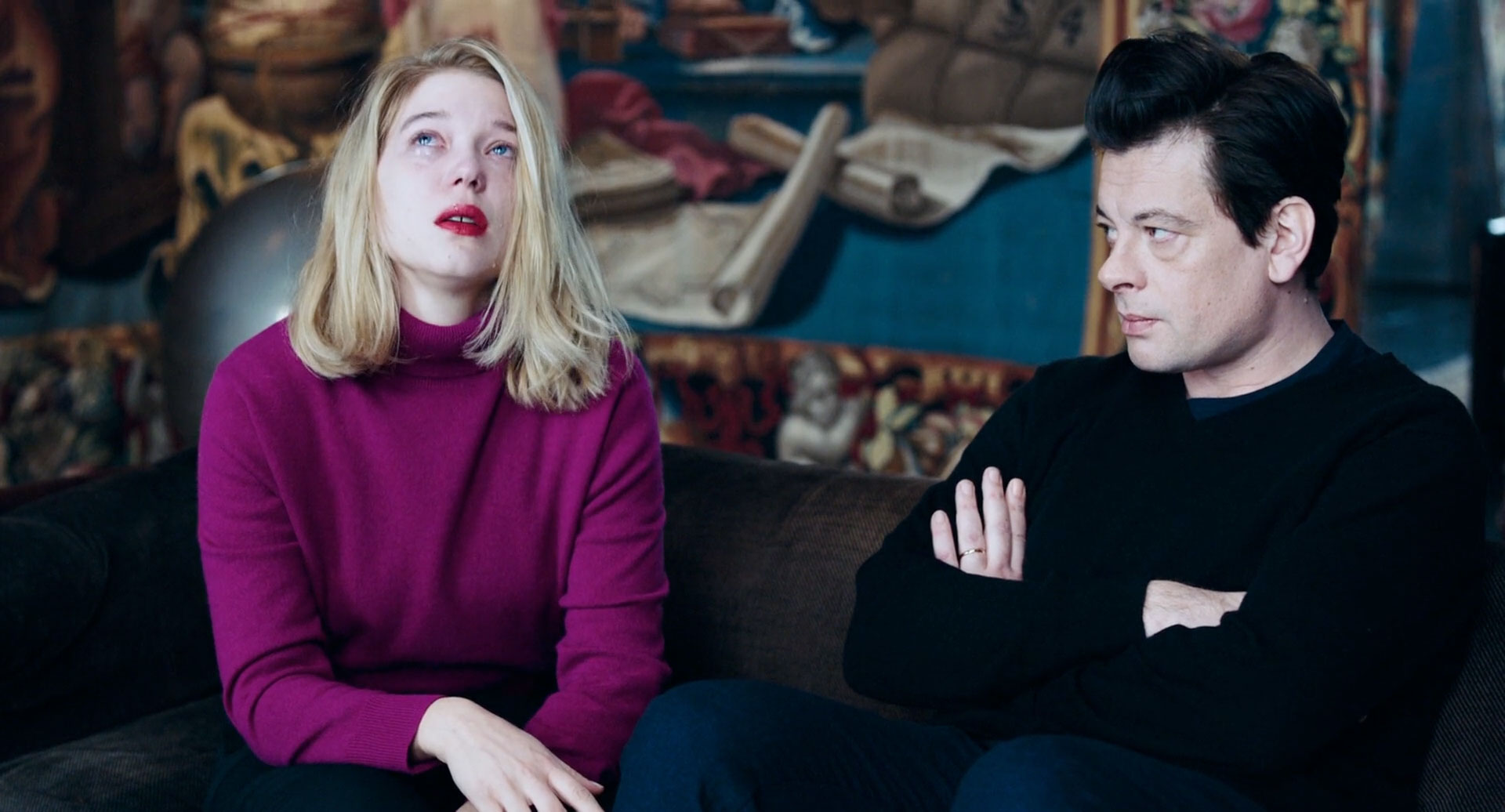
The film never explicitly explains why France decides to retire. However, we can assume that it is due to the accumulated stress from the accident, which has affected not only the victim and his family, but also France herself. She is relentlessly pursued by news reporters. Her husband earns significantly less than her. In addition, she has to deal with her spoiled son Joseph (Gaëtan Amiel).
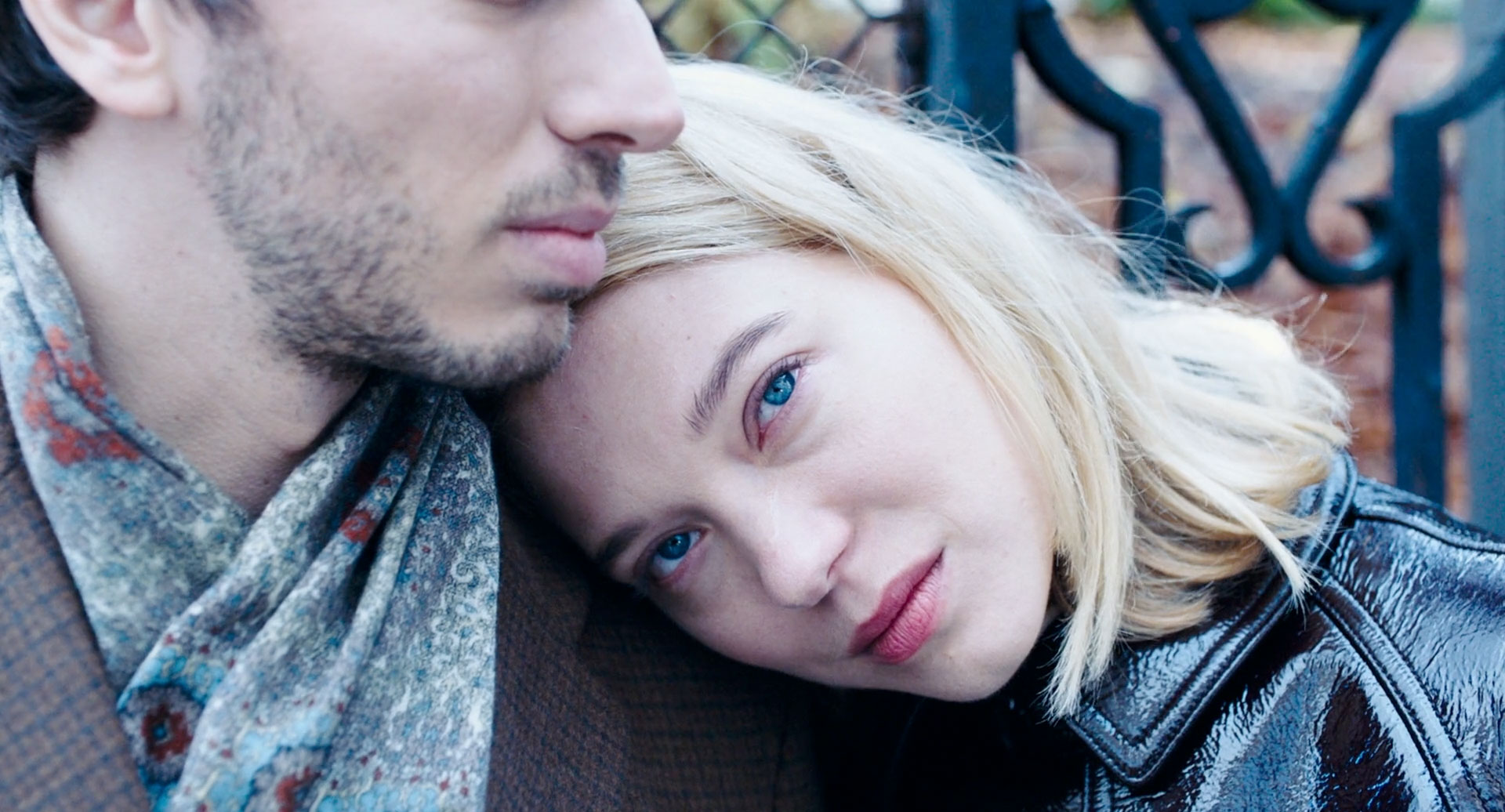
I find the second half of the film more compelling than the first. Léa Seydoux, one of my all-time favorite actresses, delivers an exceptional roller-coaster performance, showcasing a wide range of emotions from humor to sadness, depression, joy, and grief. Her character initially strikes me as one-dimensional, but Seydoux successfully reveals her character’s hidden depths and complexity, elevating her beyond the screenplay.

FRANCE premiered at Festival de Cannes on 15 July 2021. The film theatrically released in France on 25 August, by ARP Sélection.



